Ho Chi Minh City Married for more than a year without children, Mr. Duc, 32 years old, was diagnosed by a doctor with the genetic disorder Klinefelter syndrome, which reduces sperm production.
Mr. Dai (living in Long An) went to Tam Anh General Hospital in Ho Chi Minh City for examination on November 22. Tests found no sperm in his semen.
After ruling out diseases that could cause male infertility, Dr. Tran Huy Phuoc, Department of Andrology, Center for Urology - Nephrology - Andrology, ordered blood and genetic tests, diagnosing the patient with Klinefelter syndrome. Men with this syndrome have two or more X chromosomes in their chromosome set (XXY), which causes poor sperm production, even no sperm, and is prone to hypogonadism.
There is currently no treatment for this syndrome. Anh Duc was advised by his doctor to undergo micro-TESE surgery and artificial insemination to have children. Doctor Phuoc assessed that although no sperm was found in the patient's semen, the possibility in the testicles was still there.

Doctor Phuoc advises a patient. Photo: Thang Vu
On the same day, Mr. Thien (26 years old) came for a premarital test, preparing to get married in three months. He was surprised when the doctor told him that his sperm was gradually depleted due to the genetic condition Klinefelter syndrome.
The patient's semen analysis results showed low density, about 2 million sperm/ml (normal men are 16 million/ml or more), survival rate is about 20% (normal is over 54%). Doctor Phuoc advised the patient to freeze sperm early to avoid the risk of difficulty in having children later.
In Vietnam, about 7.7% of couples of reproductive age are infertile. The cause comes from the husband, accounting for 50%, of which 15-20% of cases are due to genetic disorders.
Men with this syndrome have nonspecific symptoms, usually tall, long limbs, little hair, large breasts, large penis size, and small and hard testicles due to fibrosis. In the early stages, the patient has unclear symptoms, which are easily confused.
The husband is usually diagnosed with the disease after 6-12 months of regular, unprotected sex but the wife does not conceive or has had multiple miscarriages. At that time, the quality and quantity of sperm have been severely damaged, in some cases there is no sperm left. About 26-37% of cases are diagnosed with the disease, of which only 10% are before puberty, the rest are after the age of 30.
There is currently no specific treatment. Men with Klinefelter syndrome can still have children through assisted reproductive techniques. However, if the disease is detected too late, they risk having to seek sperm donations to have children.
Dr. Phuoc recommends that men over 18 years old should proactively do a semen analysis test once a year to monitor sperm quality and quantity, and prevent Klinefelter syndrome. If abnormalities are detected, semen analysis should be screened more frequently, about every 3-6 months, to avoid leaving it too long and completely depleting sperm.
Men should have a healthy lifestyle, limit alcohol, quit smoking, exercise regularly, and avoid sitting in front of the computer for long periods of time. Patients need to treat varicocele when there are signs of affecting the testicles and sperm quality.
Thang Vu
Source link









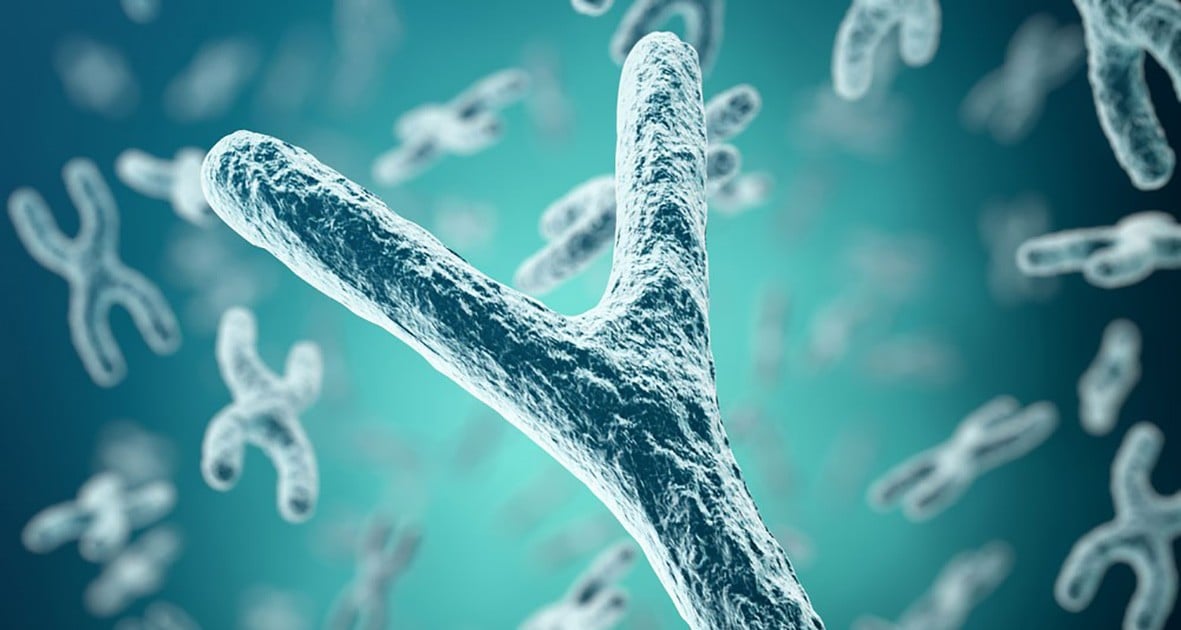

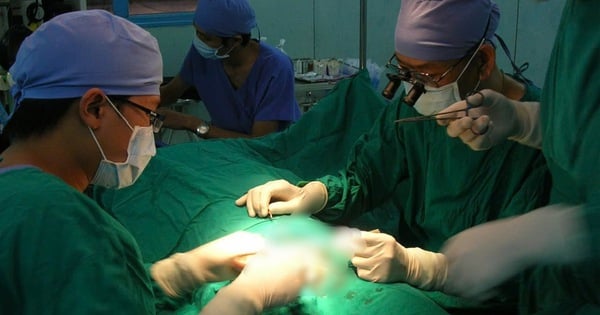

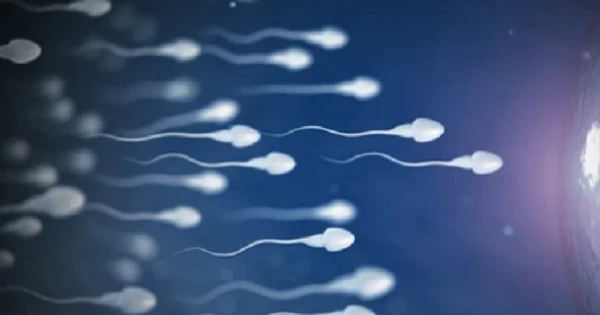

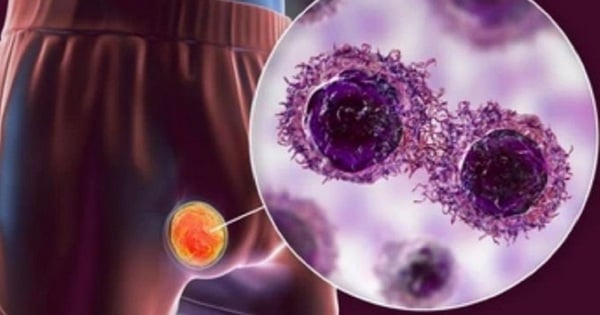




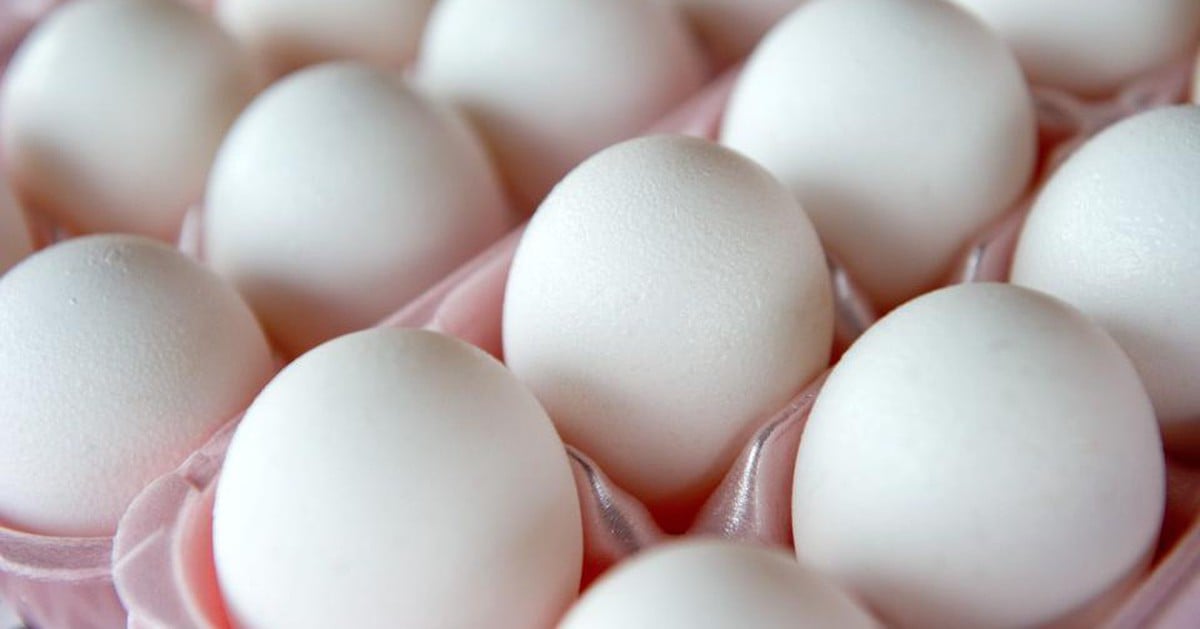



















![[Photo] Prime Minister Pham Minh Chinh chairs Government Conference with localities on economic growth](https://vstatic.vietnam.vn/vietnam/resource/IMAGE/2025/2/21/f34583484f2643a2a2b72168a0d64baa)



























































Comment (0)